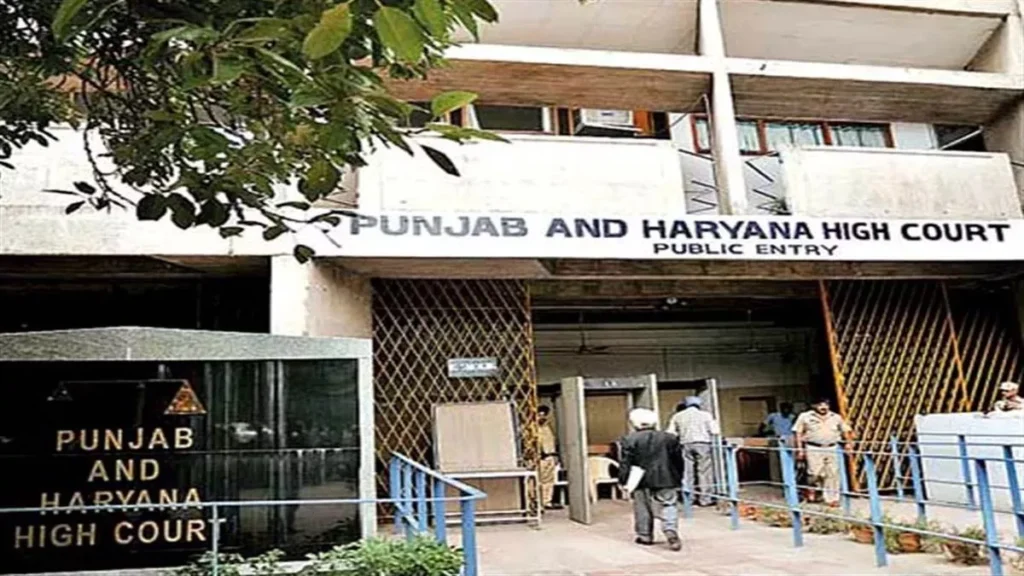The Principle of Res Judicata Applies to Cases in Labour Court: Punjab and Haryana High Court.

The Punjab & Haryana High Court stated that the principle of res judicata applies to Labour Court cases as well. The Court was reviewing several petitions aimed at overturning an Award where the Labour Court had ruled against the Petitioner. Justice Jagmohan Bansal noted, “The later payment of extra wages under the 1948 Act does not create a new cause of action or eliminate the principle of res judicata. This principle is universal and aims to conclude legal disputes. If it is not enforced, litigation would never end, and the losing party could keep filing claims. This principle also applies to Labour Court proceedings.”
The Petitioner was employed at the Government Medical College and Hospital in Chandigarh until he was terminated. He filed a demand notice, which led to a Labour Court hearing that ruled against him, stating he was employed by a contractor, not GMCH, and therefore not terminated by GMCH. In a separate case regarding minimum wages, the High Court ordered GMCH to pay additional wages to contract workers. The Petitioner then made another claim in the Labour Court, which was dismissed. The Court determined that the minimum wage payment did not create an employer-employee relationship with GMCH and concluded that the claim was barred by res judicata.
The Court stated that the Labour Court rejected the Petitioner’s claim because receiving wages under the 1948 Act does not alter the worker’s status. The Court noted, “Simply paying under this Act does not make the worker an employee of the Management.” It highlighted that the first claim was dismissed because the worker could not prove his hiring and firing by GMCH. The Court added, “The second claim based only on the payment of different wages under the 1948 Act was not valid.” As a result, the Court dismissed the Petitions.
Cause Title: Swarup Prakash v. Presiding Officer, Labour Industrial Tribunal (Neutral Citation: 2024:PHHC:139833)








